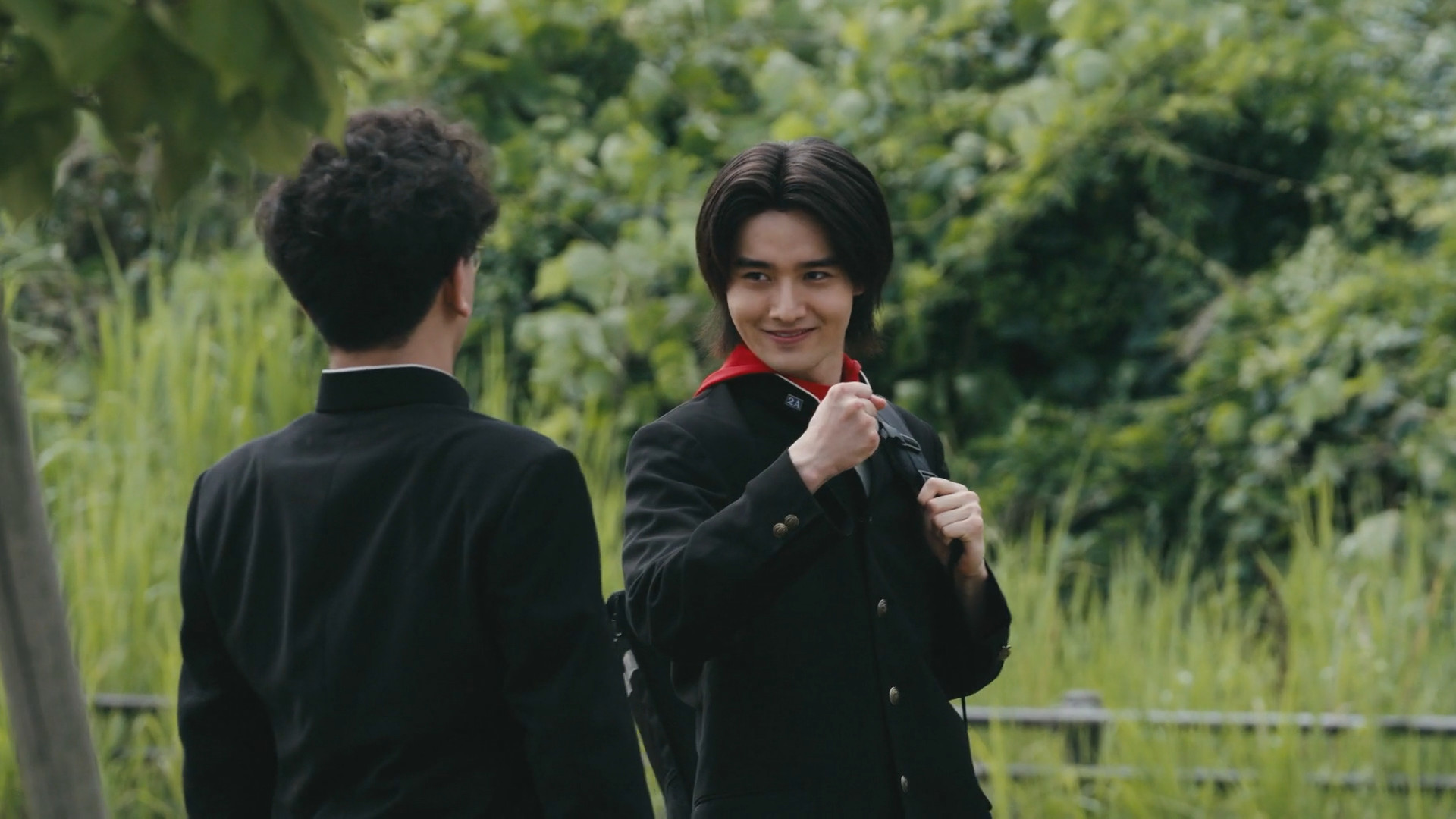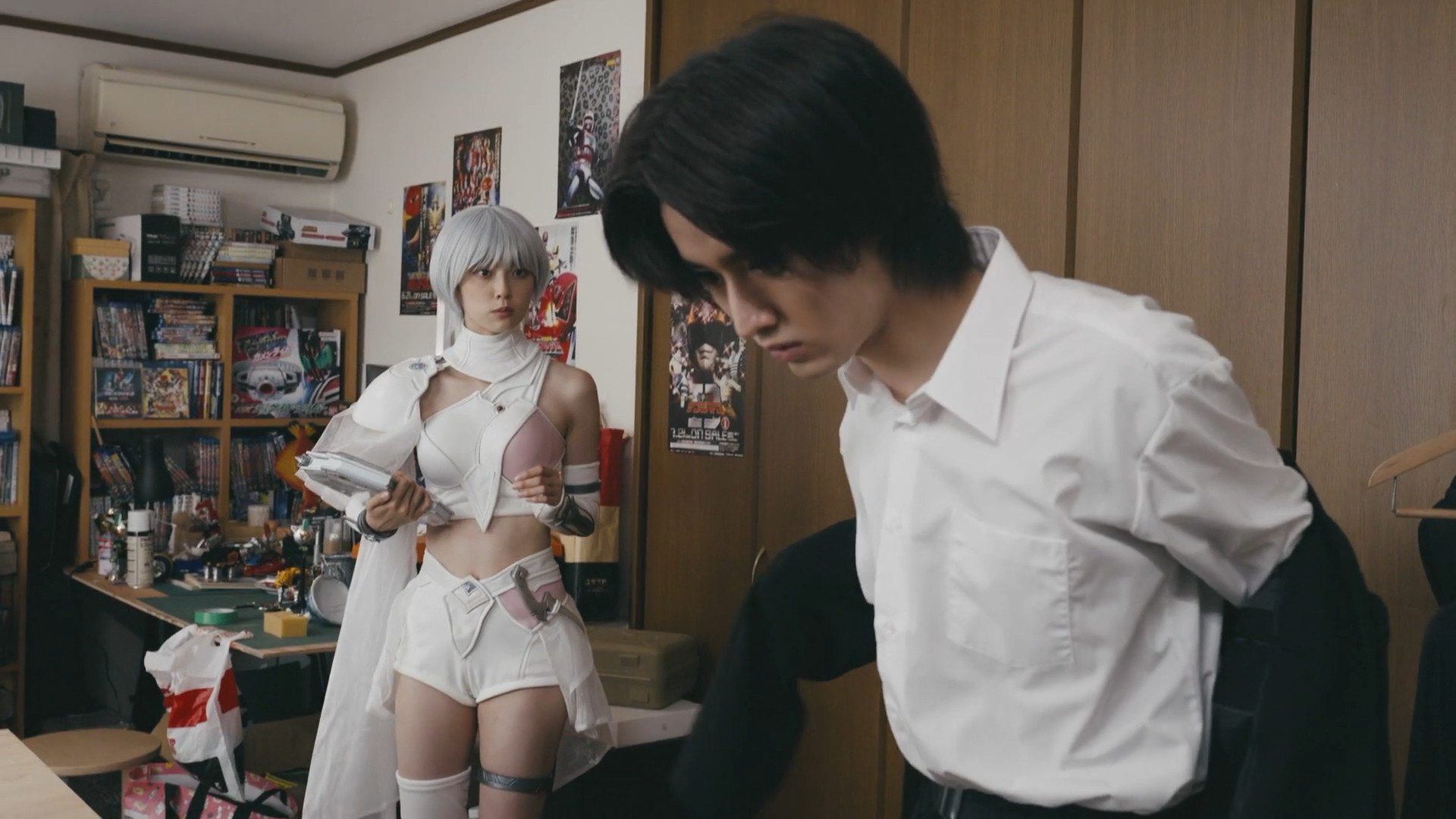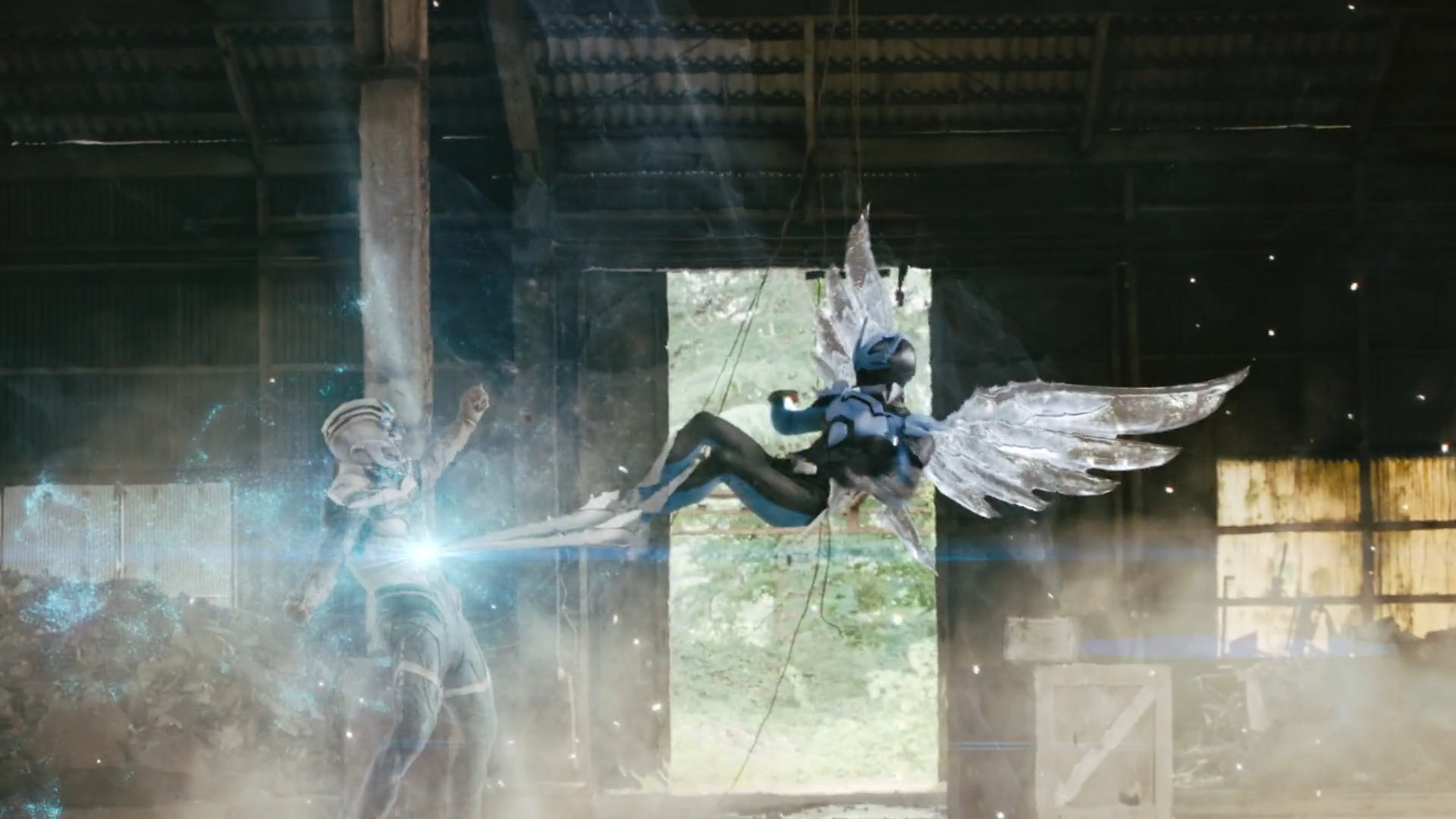 |
|
| You are here: Index > Surveys of Secondary Worlds > Wingman | |
Reviewing Wingman (2024)[written on 04-13-2025]If my Kamen Rider reviews are anything to go off of, it's that I have a soft spot for superheroes. The genre has been doing well for the past few decades, hitting its zenith with the box-office success of the Marvel Cinematic Universe flicks, and just about everyone has an opinion on it. In recent years it hasn't been looked upon so favorably, the scene oversaturated in a fashion not unlike the zombie craze before it. I haven't kept up with the current landscape for superheroes, but I still enjoy them. These stories of heroes in the modern day with an emblem and a code is something I find reminiscent of the knight-errand tales of old, and I think there's a lot still good about these costumed fighters. And I know that many people feel the same way, reminded of this by projects such as Wingman. 
Personal Scorethis criteria uses the DecentFilms rating formula.Letter-Grade Recommendability: A Wingman is not a new story; it's a manga written back in 1983 and adapted into an anime a year later. The story follows a young high school student and tokusatsu enthusiast who is given power by a magical notebook to become the superhero of his dream. The plot details his adventures alongside of the protector of the notebook, Aoi Yume, a princess from a parallel dimension known as Podreams who he helps to liberate. It's a love letter to the superhero genre of the time, and with this 2024 adaptation it's been updated to suit a modern world that has continued to embrace costumed heroes. It's become a tokusatsu series of its own, and while I'm not familiar with the source material I think it turned out very well. What immediately stood out to me is the runtime. Wingman ran for 10 episodes in late 2024, absolutely miniscule compared to the 49+ episode giants like Kamen Rider. I am pleased to report, however, that the pacing of the show is actually pretty great; there is a lot that was cut, I can tell that much, but the essentials of a solid story are distilled and allowed to breathe. It makes the show very approachable, and I can see myself rewatching this with ease given this amounts to 5 hours total. And I likely would rewatch Wingman, because I found that I enjoyed it a good deal. 
The strongest aspect of this show is the characters, particularly the protagonist. Kenta Hirono is a full-on superhero nerd, and his enthusiasm for his favorite shows is truly infectious. It makes him truly sympathetic in his more serious moments and trials, and Maito Fujioka does a good job expressing the character's good nature. Beside him are the two main girls, the princess Aoi Yume and Kenta's love interest Miku Ogawa, who help bring out both sides of Kenta's dual-life as both hero and high-school student. The central antagonist of the show is the obsessive Keytackler, played by the famous Mamoru Miyano, and he has a fantastic presence as a villain for Wingman. Not only does everyone here get a proper amount of screentime and depth, but the supporting cast also gets time to shine, like the Action Threatre Club. We get to see Kenta and Aoi in particular grow together as they are forced together by fate and learn to lean upon one another for support against the threats from Podreams, all while continuing Kenta's high school life and the relationships he has with his classmates. 
This is a show that exudes love for superheroes, but particularly the dramatic tokusatsu subgenre. Kenta is constantly bringing up Kamen Rider and Sentai as inspirations for his superhero design, but Gavan is by far his favorite and he even gets to attend a Gavan hero show in an episode. His room is stocked with figures from more tokusatsu shows that I could name, but there is more to this love than mere fandom. Kenta strives to live up to the ideals of his heroes, and actually getting the chance to wield that power is different than he expected; still, he powers through his trials with an admirable strength. He is a superhero fan who, given the opportunity, can and does live up to his aspirations, and that is ultimately what Wingman is about. I find this a very optimistic and heartwarming message, especially in contrast to the morally-gray trends from America regarding superheroes. This passion extends into the action of the series. I absolutely adore the fights in Wingman, they aren't as complex as others but they take what they have and push it with a seamless mix of suit action and cgi. The powers naturally expand as Kenta elaborates upon them and the designs of both heroes and villains are pristine, especially Wingman's vibrant blue and black. I never felt like the fights dragged on or ended too early; each fight suited the scene and carried it to fruition. It takes this aspect of tokusatsu that every fan enjoys and presents it in a very fun feast for the eyes. 
If there was one thing I would label the weak link of the show, it would be the ending. I do not like endings that essentially hit a reset, but I do understand why it was done and can appreciate it. The final battle, however, is very fun and what you would expect from a japanese production. I do not think the ending detracts from the overall quality of the show, nor my recommendation to any fan of superheroes. This is a very fun watch, and any pure tokusatsu fan will have a great time. |
|
Exodite.org | 2023-2024





|
|